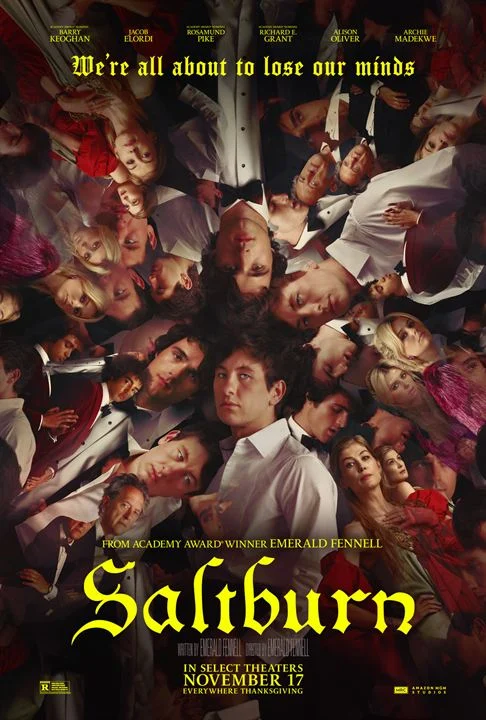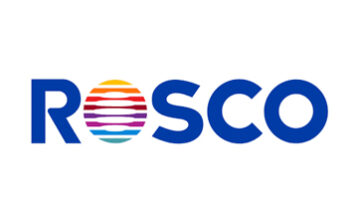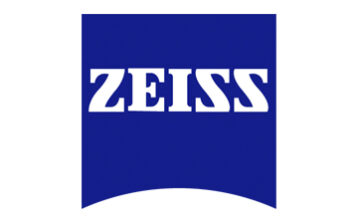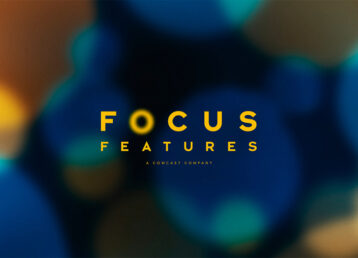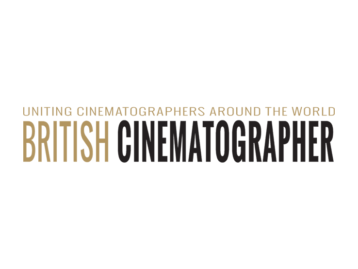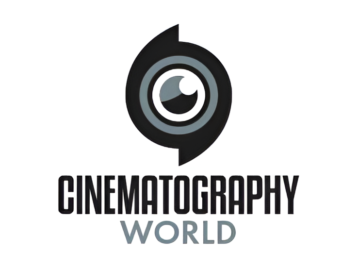Frida Wendel FSF draws inspiration from rich cinematic references that have significantly shaped her artistic vision. She shared insights into the filmmakers who have influenced her work and the evolving landscape of cinematography. Notable among her references are Bruno Delbonnel, Roger Deakins, Ellen Kuras and Linus Sandgren, each leaving an indelible mark on her creative journey.
Bruno Delbonnel: A Master of Visual Poetry
Frida Wendel begins her homage to influential cinematographers by acknowledging Bruno Delbonnel, ASC, AFC. Delbonnel’s work on ”Amélie” stands out as a pivotal influence in Wendel’s journey. Watching the film served as a catalyst, igniting her passion for cinematography. The visually enchanting aesthetics and inventive storytelling of ”Amélie” were, for Wendel, the spark that kindled her desire to craft narratives through the lens. Delbonnel’s versatility, exemplified in films like ”Darkest Hour,” continues to inspire Wendel’s approach to visual storytelling.
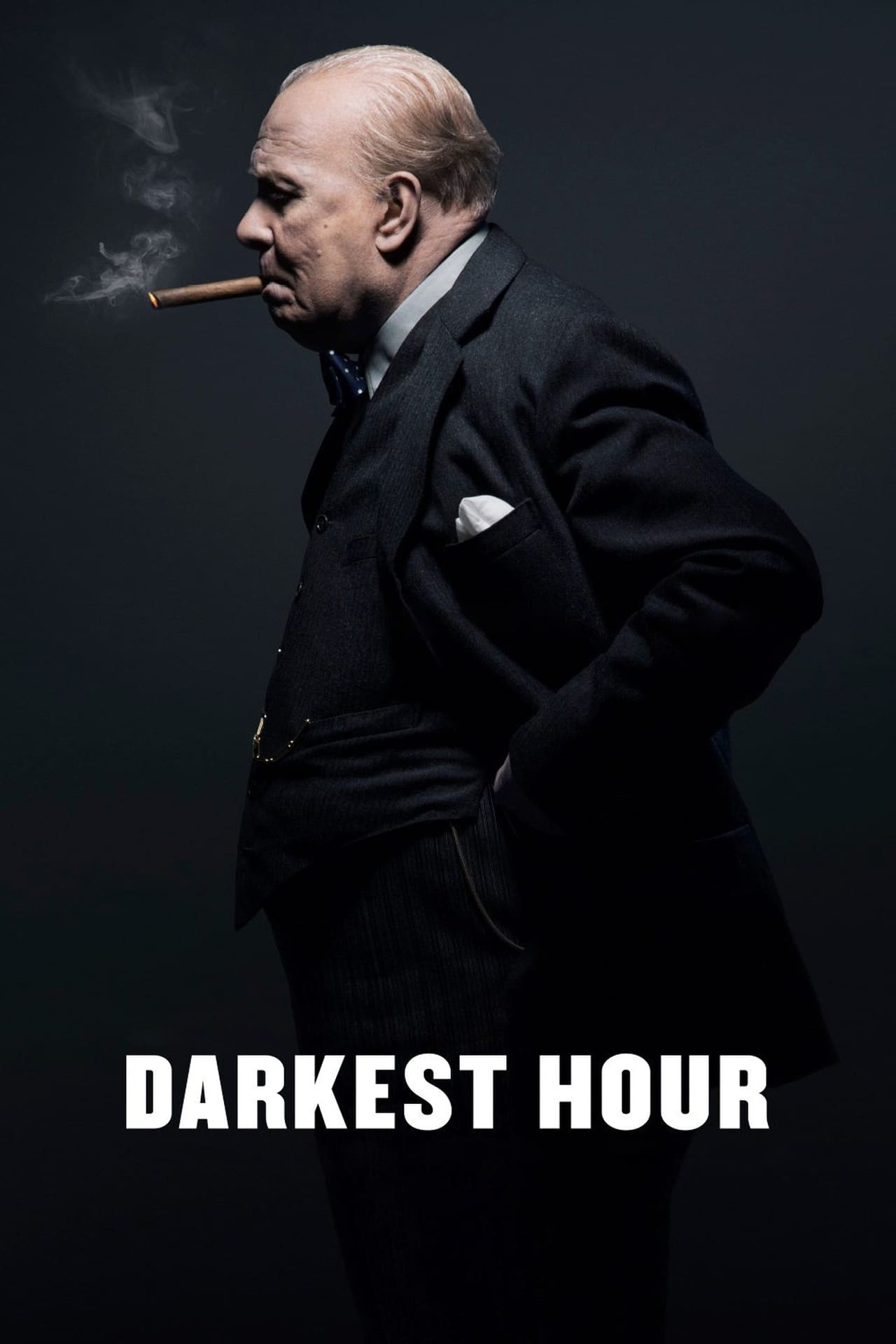
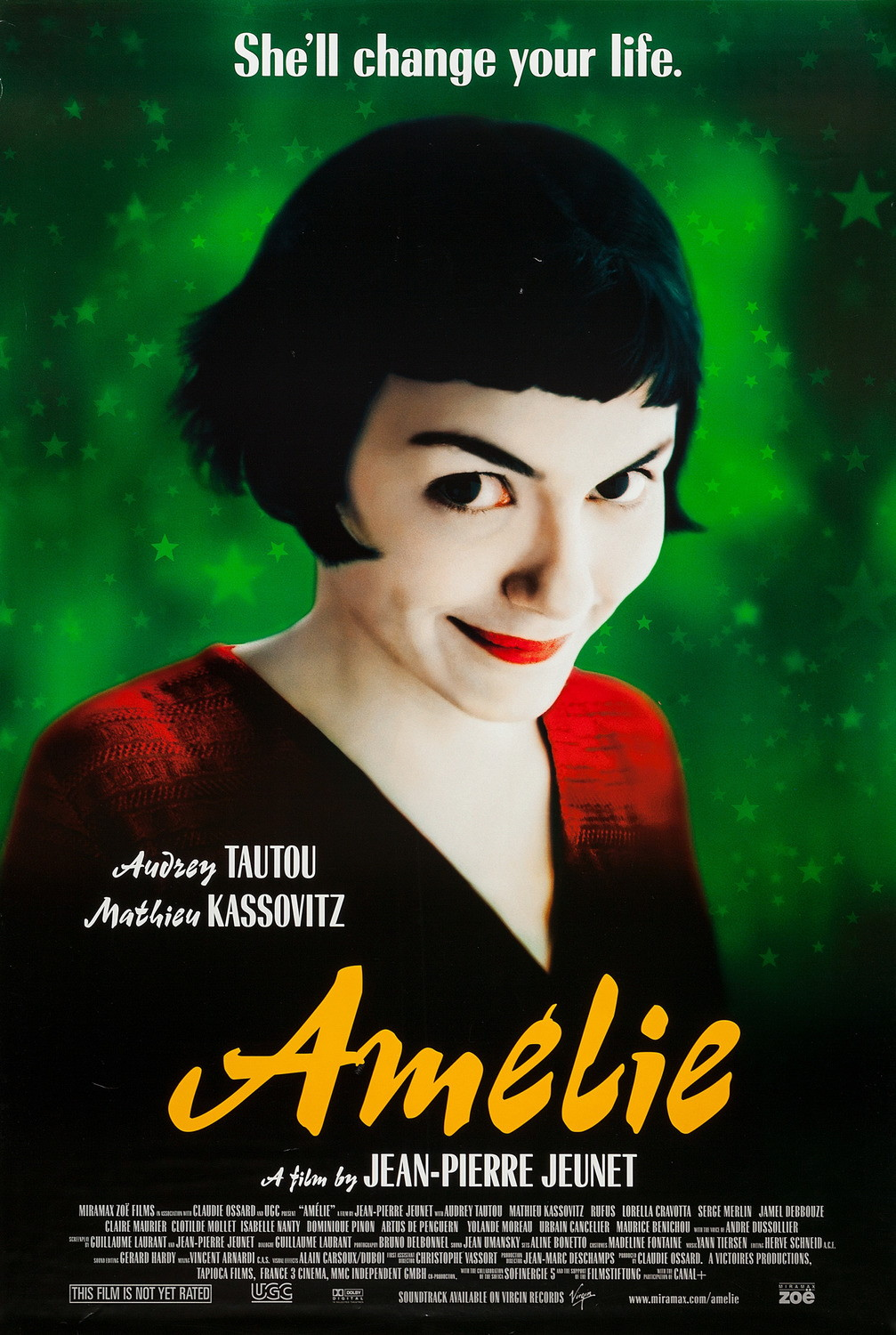
Roger Deakins: The Timeless Maestro
In the pantheon of cinematographers, Roger Deakins occupies a special place, and Wendel is quick to express her admiration for his contributions to the craft. Having witnessed Deakins’ rise to prominence during her film school days, Wendel acknowledges the scarcity of female DPs at that time. Wendel’s reverence for Deakins extends beyond his undeniable talent; she recognizes him as a trailblazer who paved the way for aspiring cinematographers, irrespective of gender.
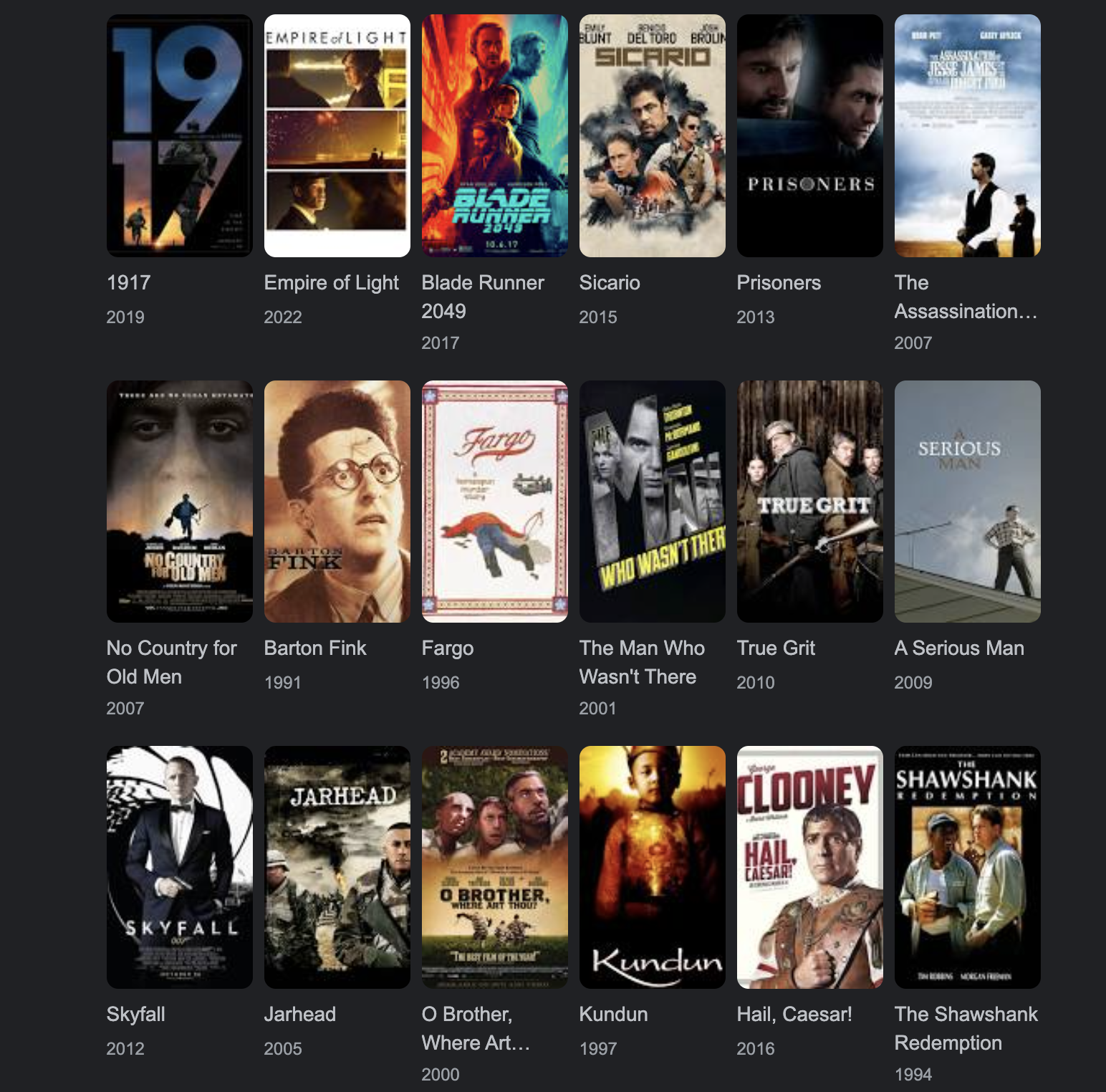
Evolution of Diversity in Cinematography:
Wendel reflects on the evolving landscape of cinematography and the increasing diversity in the industry. She acknowledges the limited visibility of female DPs during her early years in film school, with Ellen Kuras being one of the notable examples with masterpieces such as Eternal Sunshine of the Spotless Mind. Despite the initial scarcity, Wendel is optimistic about the positive changes she observes in the contemporary cinematic landscape, where more female cinematographers are emerging. The impact of pioneers like Ellen Kuras is acknowledged as a crucial step towards creating a more inclusive and diverse industry.
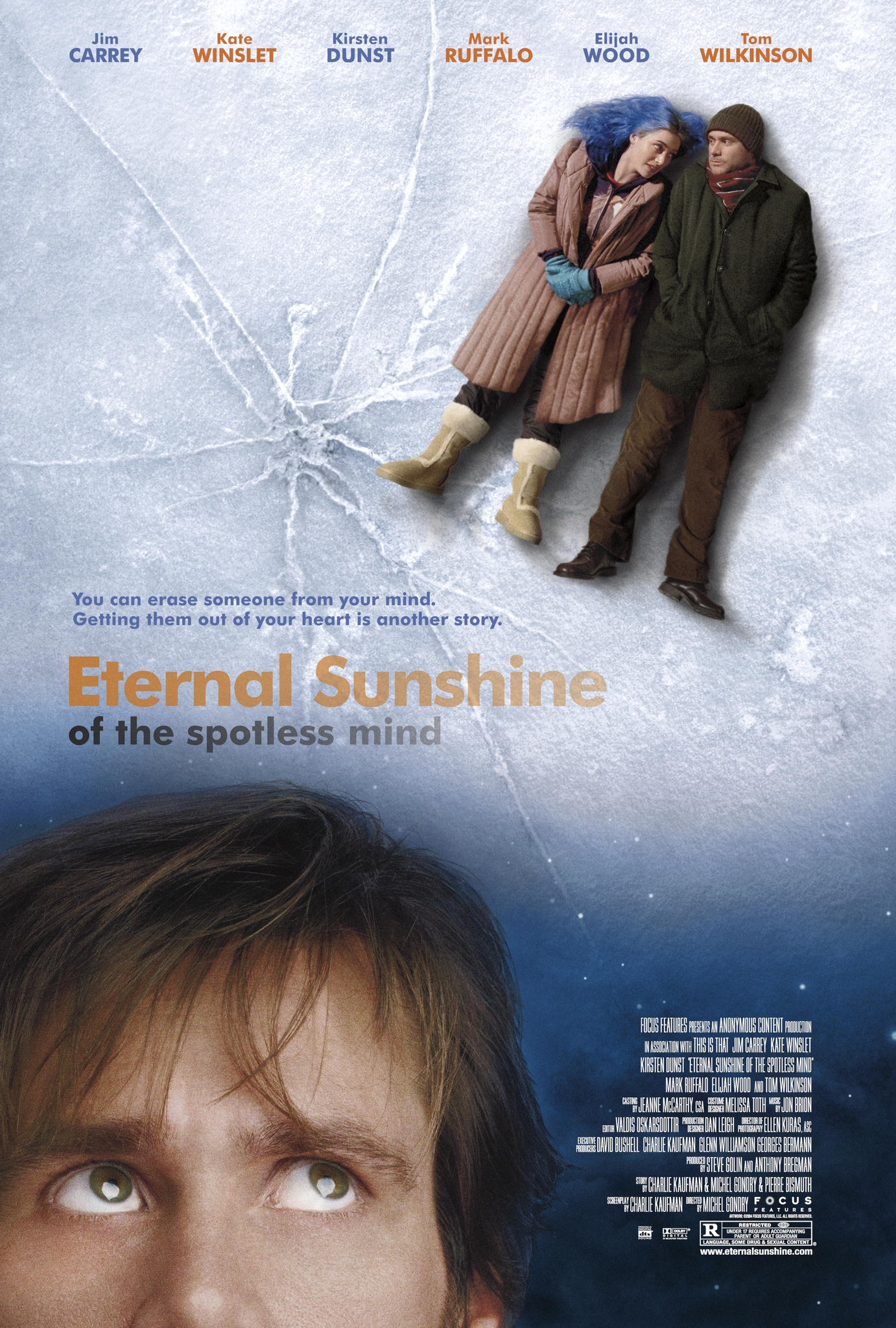
Great Talents and Personal Mentors:
As Wendel discusses the expanding pool of cinematographic talent, she highlights the support she has received from fellow Swedish DPs. Their accessibility and willingness to share insights have been invaluable to her growth as a cinematographer. Notably, Linus Sandgren’s recent work in ”Saltburn” is commended by Wendel for its stunning visuals, underlining the collaborative and supportive nature of the cinematography community.
